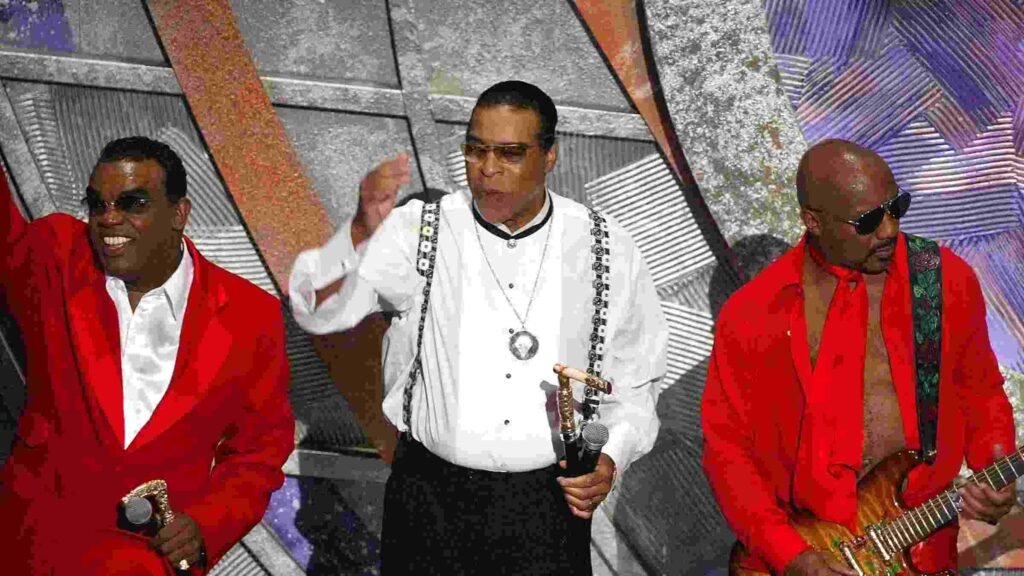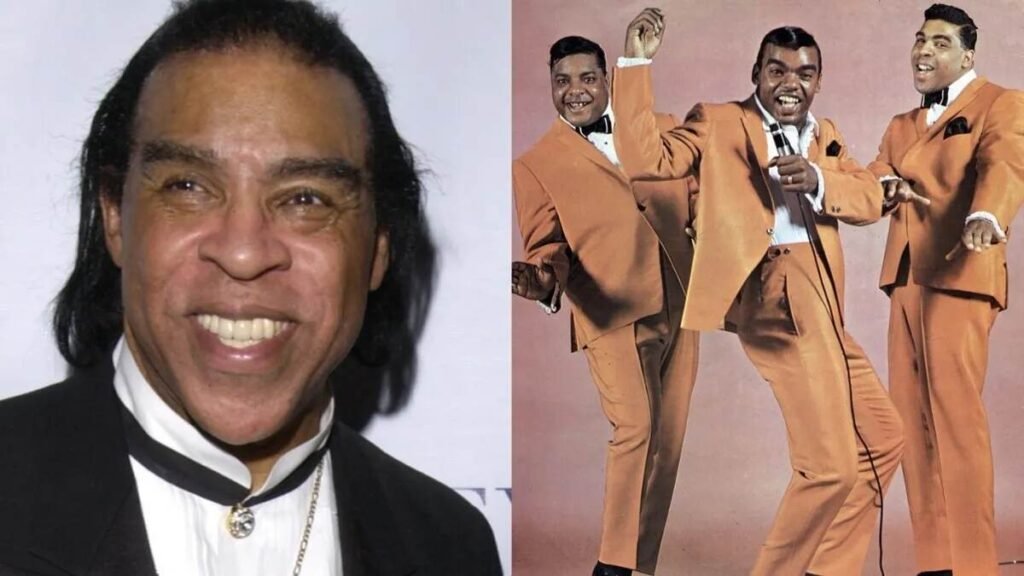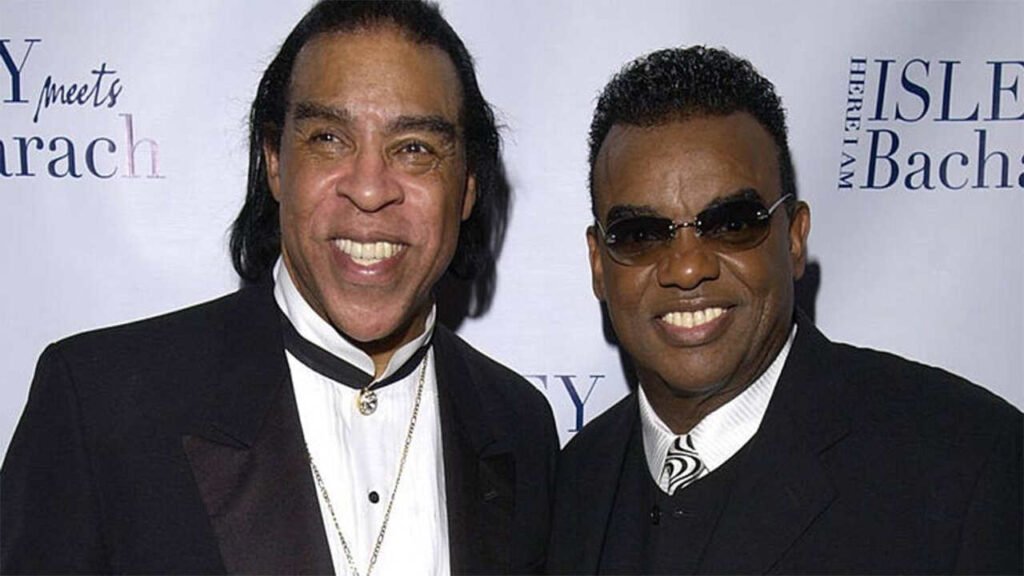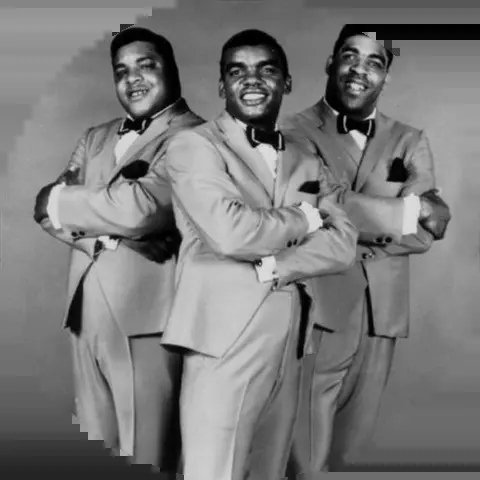Rudolph Isley, a co-founding member of the renowned musical ensemble, the Isley Brothers, has peacefully passed away at the age of 84. He was celebrated for his velvety vocals and his substantial contributions to hits such as “Summer Breeze” and “That Lady.” The news of his passing was confirmed by his brother, Ernie Isley.
Ronald Isley, another member of the Isley Brothers, expressed his profound emotions in a statement, saying, “There are no words to express my feelings and the love I have for my brother. Our family will miss him. But I know he’s in a better place.”
While Rudolph Isley was predominantly acknowledged for his harmonious contributions within the band, he also took the lead on tracks like “I’ve Got to Get Myself Together” and “It’s a Disco Night (Rock Don’t Stop),” both of which garnered recognition by reaching the Top 20 in the UK.

Additionally, Rudolph Isley played an influential role in composing some of the ensemble’s most iconic songs, including “Harvest For The World,” “Fight The Power,” and “Shout,” an ageless party anthem that garnered popularity in Europe largely due to a cover version performed by Lulu.
The Isley Brothers, originally formed in the early 1950s, were trailblazers in the music industry, navigating their way from gospel to Motown soul, and subsequently exploring gritty R&B and politically-driven funk. The group’s original lineup included Ronald, Rudolph, O’Kelly, and Vernon Isley.
Tragically, their journey was momentarily halted in 1955 when Vernon, the lead vocalist, lost his life in a bicycle accident at the tender age of 13. Following this heart-wrenching loss, the surviving members made the pivotal decision to relocate to New York and shift their focus away from gospel music.

In 1959, while on tour, they introduced their captivating rendition of Jackie Wilson’s “Lonely Teardrops,” which garnered an enthusiastic response from the audience. This transformative moment inspired the creation of “Shout,” a chart-topping success and the Isley Brothers’ first million-selling record. It’s worth noting that, despite its success, the song faced some criticism from church groups who believed it should have been a gospel record.
The Isley Brothers continued to build upon their success with hits like “Twist and Shout.” In 1964, they briefly enlisted the talents of the budding Jimi Hendrix, whose guitar artistry added a unique dimension to their music before he ventured into a solo career.
In 1965, the band inked a deal with Motown Records, although they found the label’s production approach somewhat stifling. Subsequently, they opted to revert to their independent path, welcoming Ernie Isley into the fold. His distinctive guitar work injected fresh energy into the ensemble.
As time progressed, the band not only maintained their momentum but also expanded their repertoire by covering rock anthems such as Stephen Stills’ “Love The One You’re With” and Bob Dylan’s “Lay Lady Lay.” Their music evolved to incorporate soulful melodies, psychedelic elements, and the rhythmic funk influenced by the likes of Sly Stone and James Brown.

The transformation of their sound was unequivocal on the 1973 album, “3+3,” which saw them reinvigorate the 1964 single, “Who’s That Lady,” with a scintillating fuzztone guitar riff. The song ascended to number six on the US charts.
This period ushered in a string of hits, including “Summer Breeze,” “Harvest For The World,” and “Fight The Power,” all of which Rudolph co-authored.
In addition to his musical contributions, Rudolph Isley was known for his flamboyant stage presence, often adorned with distinctive hats and furs, accentuated by a jewel-studded cane.
As the second-oldest son within the Isley family, Rudolph played the unspoken role of the band’s “overseer,” as noted in a memoir by his daughter, Elizabeth Isley Barkley. However, like many families, the journey was not without its complexities, occasionally marked by heated disagreements and passionate exchanges.
After O’Kelly’s untimely passing in 1986, Rudolph followed his long-held aspiration to become a Christian minister. He subsequently departed from the band, transferring the symbolic mantle to his brother Ronald. His deep connection to music and faith remained unwavering. As Rudolph aptly put it in the liner notes for a 1999 Isley Brothers box set, “I may have stopped singing pop music, but I will always be an Isley Brother.”

Rudolph continued to use his voice for spiritual purposes, releasing a religious album titled “Shouting for Jesus” in 1996. His contributions to the world of music were further recognized when he was inducted into the Rock ‘n’ Roll Hall of Fame in 1992.
In March, Rudolph was engaged in a legal dispute with his brother Ronald concerning the trademark rights for the Isley Brothers’ name. Rudolph’s passing leaves Ronald and Ernie as the sole surviving members of the band, marking the end of an era in the world of music.
Read More: https://truereviewmagazine.com/










